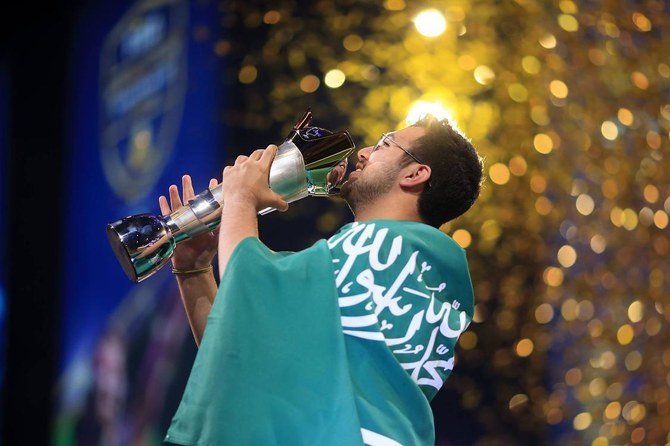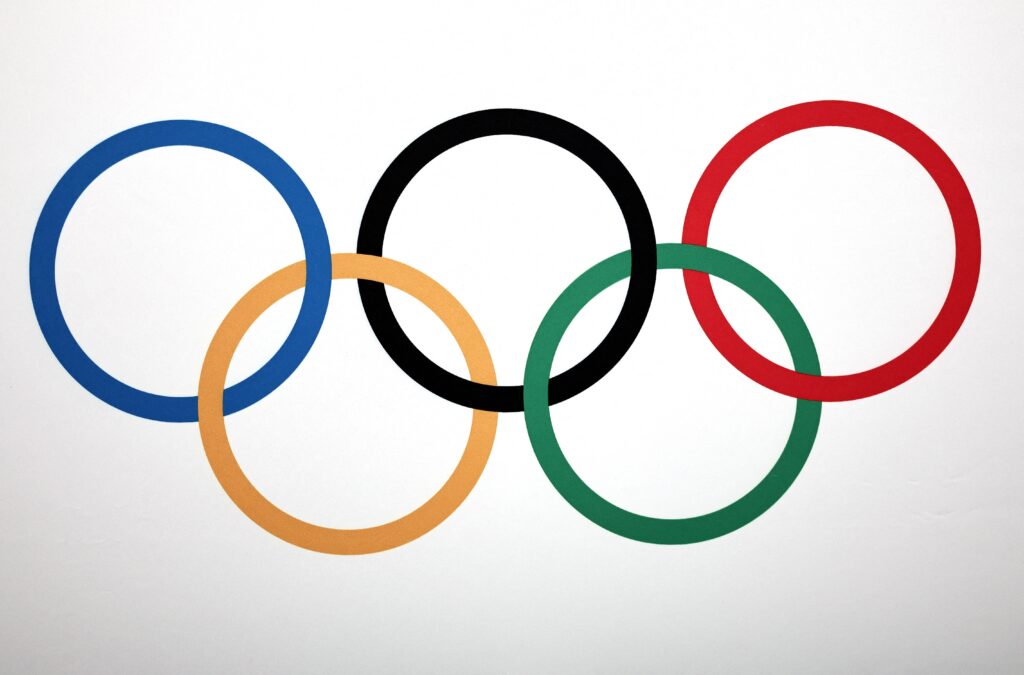Stefan Popovic
When Mosaad Al-Dossary, Saudi flag draped around his shoulders, celebrated winning the FIFA eWorld Cup Grand Final 2018 in London, it marked the pinnacle of a gaming journey he had set out on by playing FIFA 08 with members of his family 10 years earlier.
Now, millions of young gamers in the Middle East and around the world can dream just as big following a landmark announcement from the International Olympic Committee (IOC) to take its first steps into the world of esports with the launch of the Olympic Virtual Series.
In the inaugural competition players will compete across five sports – baseball, cycling, rowing, sailing and motorsport – and will, the IOC said, “mobilize virtual sport, esports and gaming enthusiasts all around the world.”
Each sport will be played out on partner platforms that include the virtual cycling program Zwift, eBaseball Powerful Pro 2020 by Konami and the institutional racing game Gran Turismo, which first launched in 1997.
The mass-participation series, which will run from May 13 to June 23, will allow participants around the world to compete from home or their dedicated training facilities in what is being regarded as a precursor for the rescheduled Tokyo 2020 Olympic Games set to take place this summer.
A move into esports has long been discussed by the IOC, and in February it released its 2020+5 agenda, outlining recommendations on how the organization should evolve in an increasingly digital global culture. Virtual sports was a primary focus, and with good reason.
Esports and gaming represents the fastest growing global entertainment industry in the world – with an audience of over three billion – and according to Newzoo’s 2021 Global Esports and Live Streaming Market Report, audience figures increased by 8.7 percent from the previous year.
It came as no surprise that the IOC announced its first move into the virtual sports world ahead of an Olympic Games taking place in the biggest esports and gaming market of all, Asia. The Far East has been the center of esports and gaming for over a decade, before spreading across the US, Europe and the Middle East.
With diminished viewing figures at the 2016 Rio Olympics and pressure building to attract a younger audience, the decision to host a virtual series seems a logical one.
“The Olympic Virtual Series is a new, unique Olympic digital experience that aims to grow direct engagement with new audiences in the field of virtual sports,” IOC President Thomas Bach said. “Its conception is in line with Olympic Agenda 2020+5 and the IOC’s Digital Strategy. It encourages sports participation and promotes the Olympic values, with a special focus on youth.”
The announcement will give fresh impetus to youngsters across the Middle East looking to explore competitive gaming. Each event will aim to maximize online mass participation and priorities inclusivity, although there is some skepticism on how effective it will be in encouraging participation, given most of the sports selected are not considered part of the competitive gaming or esports landscape.
While the Olympic Virtual Series is undoubtedly a step forward for the IOC, and will open what were previously closed doors to audiences, partners and sponsors, we may have to wait another four years before some of the more established gaming titles are welcomed into the fold.
There is hope that in future we could see football and the FIFA franchise added to the competition. If so, the Arab world would not be short of competing talent. Players from across Saudi Arabia, UAE and Qatar have all excelled on the global stage in recent years, culminating in Al-Dossary’s 2018 success.
The idea of a Middle Eastern team taking home football gold might not be as crazy as it sounds after all.






















